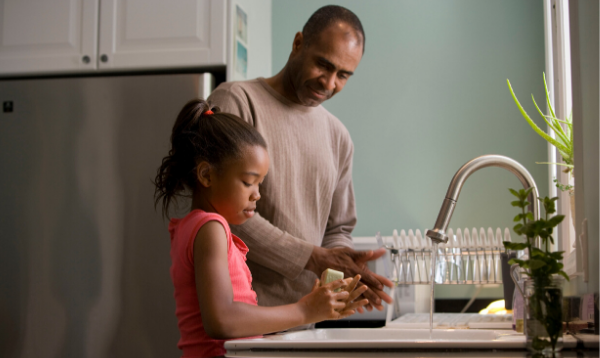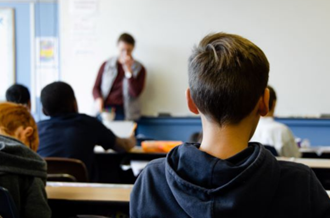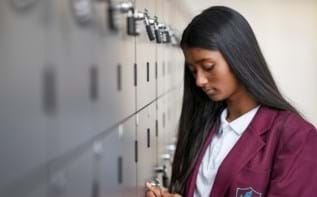Coronavirus: Helpful information to answer questions from children
Coronavirus is all over the news right now, so it’s understandable that many children, and adults, are anxious about the virus and how it could impact them.
How can you support your child, and yourself, with these concerns? We share some of our tips, and some useful resources, to put this in context.

Deal with your own worries
It’s just as important that you look after your own mental health and wellbeing. It’s good to stay informed but bear in mind that watching upsetting footage or reading sensational social media coverage may be detrimental to your own mental health.
Consider where you’re getting your information from. Try to stick to reputable sources for updated guidance on the virus, such as the NHS, Public Health England or Health Protection Scotland, rather than relying on social media or the press for your information.
We recommend reading this advice from BACP counsellors on how to cope if you're feeling anxious about coronavirus.
Talk to your child
Don’t be afraid to have conversations with your child about coronavirus - not talking about something can sometimes make children worry more. Other children will be talking about it, they may have heard it on the news or seen someone wearing a face mask, and they might have questions for you.
Remember that you don’t need to have all of the facts and answers. There are lots of resources out there for you to read together, or for you to direct your child to, to help ease their worries.
We recommend reading this Newsround article about coronavirus and how it’s being tackled.
Be reassuring
It may be helpful to remind your child that flu is actually more common than coronavirus and reassure them that more people are recovering from the virus, than dying from it.
We recommend watching CBBC's Dr Chris and Dr Xand talk about why coronavirus 'may not be as scary as it sounds'.
Take precautions to protect yourself
If you, or your child, are worried about catching coronavirus; take precautions to protect yourself. Be aware of the symptoms and follow NHS guidance on how to avoid catching it. Health bodies across the world are advising people to regularly wash their hands, put used tissues in the bin, avoid close contact with those who are unwell, and not touch their faces if their hands are not clean.
We recommend watching this Newsround video on how to wash your hands.
Other resources you may find useful:
- Coronavirus: Keep it simple, stick to facts - how parents should tell children (BBC News)
- Worried about coronavirus? Here's what you need to know (Happiful)
- Coronavirus: Elbow bumps and footshakes - alternative handshakes (Newsround)
- Coronavirus: Dr Chris answers YOUR questions (Newsround)
- Just for Kids: A Comic Exploring the New Coronavirus (NPR)
Remember that if you are struggling with your mental health, there is always help available.
News & blogs

New laws expected to bring mental health improvements and school reform
Prime Minister Sir Keir Starmer has given us a glimpse of his priorities for the coming year.
Read more
Solutions for school attendance roundtable unites sector leaders
Place2Be hosted a cross-sector roundtable to discuss the impact of persistent absence and identify practical solutions.
Read more
Place2Be’s online parenting course now available to local authorities
Place2Be’s online parenting course empowers parents and carers to feel better equipped to manage the journey of parenting.
Read more



